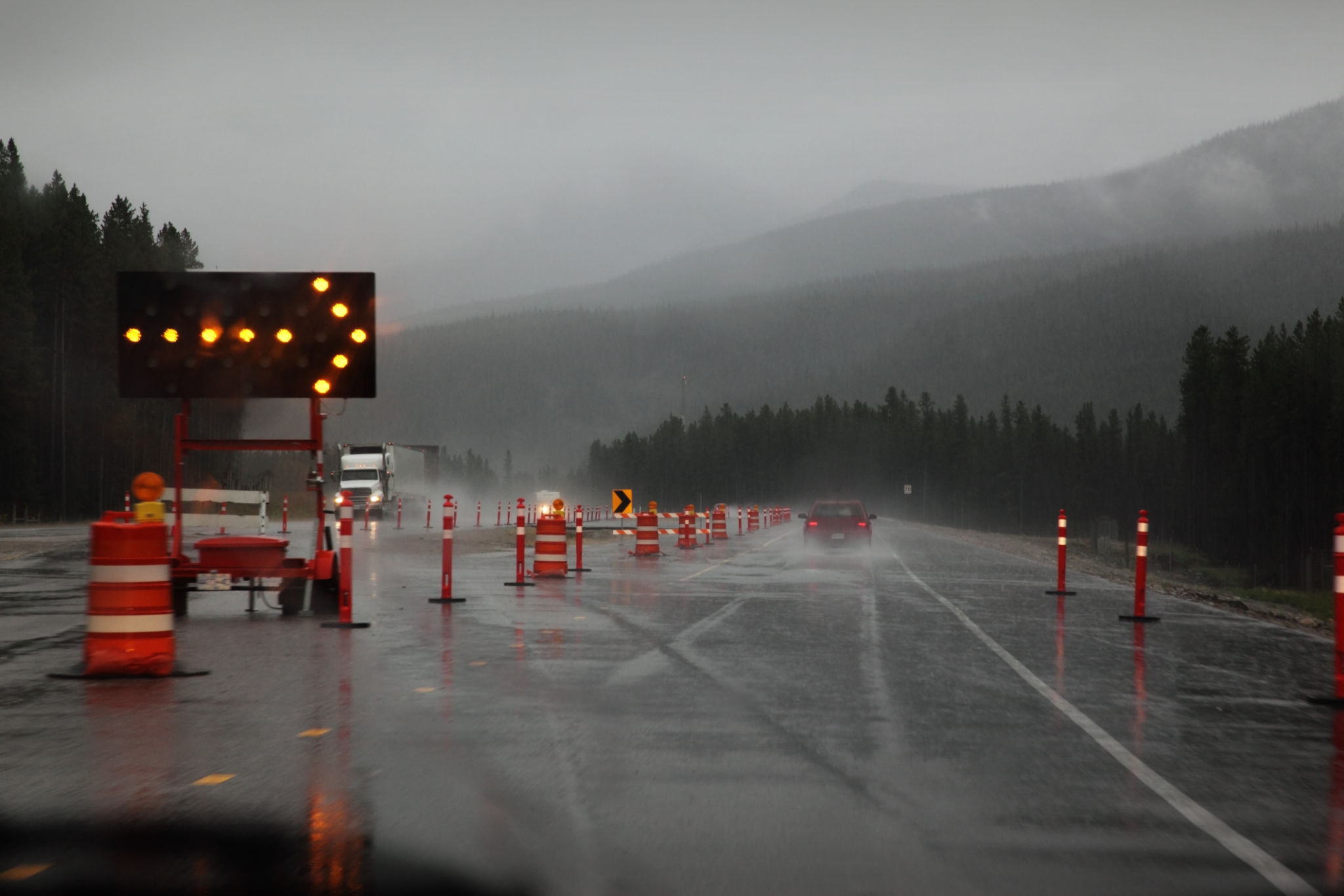The Impact of Weather on Road Construction in Fiji: How to Prepare and Adapt
KT
Fiji, a beautiful archipelago in the South Pacific, is known for its stunning landscapes and tropical climate. However, this idyllic weather can pose challenges for road construction projects. Understanding the impact of weather on road construction is crucial for effective planning and execution.

Understanding Fiji's Climate
Fiji experiences a tropical maritime climate, characterized by a wet season from November to April and a dry season from May to October. The wet season brings heavy rainfall, which can significantly affect road construction activities. This climate variability requires construction companies to be proactive in their planning and operations.
During the wet season, the risk of flooding and landslides increases, causing delays and additional costs. Conversely, the dry season offers more favorable conditions; however, it's essential to be prepared for unexpected weather changes.
Challenges of Road Construction in Wet Weather
The wet season presents several challenges for road construction in Fiji. Heavy rainfall can lead to waterlogged sites, hindering machinery movement and making it difficult to lay foundations. Moreover, the increased moisture levels can weaken soil stability, necessitating additional measures to ensure the road's durability.

Delayed schedules are another significant concern, as persistent rain can halt construction activities. This can extend project timelines and increase costs. Therefore, having a flexible project plan that accounts for potential weather disruptions is essential.
Strategies for Weather-Resilient Construction
To mitigate the impact of adverse weather conditions, construction companies can adopt several strategies:
- Advanced Planning: Utilizing weather forecasts and historical climate data to identify the best times for construction.
- Robust Drainage Systems: Designing effective drainage solutions to manage excess water and prevent site flooding.
- Flexible Scheduling: Developing adaptable project timelines that accommodate weather-induced delays.

Materials and Techniques for Wet Weather
Choosing the right materials is crucial for constructing roads that can withstand Fiji's wet climate. Using water-resistant materials and incorporating techniques like soil stabilization can enhance the road's longevity. It is also vital to employ experienced engineers who understand local conditions and can implement effective solutions.
Incorporating modern technology such as geotextiles and geo-grids can further improve soil stability and drainage, ensuring that roads remain safe and functional even during heavy rains.
Conclusion: Adapting to Fiji's Climate Challenges
While Fiji's weather presents challenges to road construction, strategic planning and adaptive techniques can help overcome these obstacles. By understanding the local climate, employing innovative materials and techniques, and maintaining flexibility in project execution, road construction in Fiji can be both efficient and resilient.
Ultimately, embracing these strategies not only ensures timely project completion but also contributes to building infrastructure that supports Fiji's development goals while respecting its unique environmental conditions.
